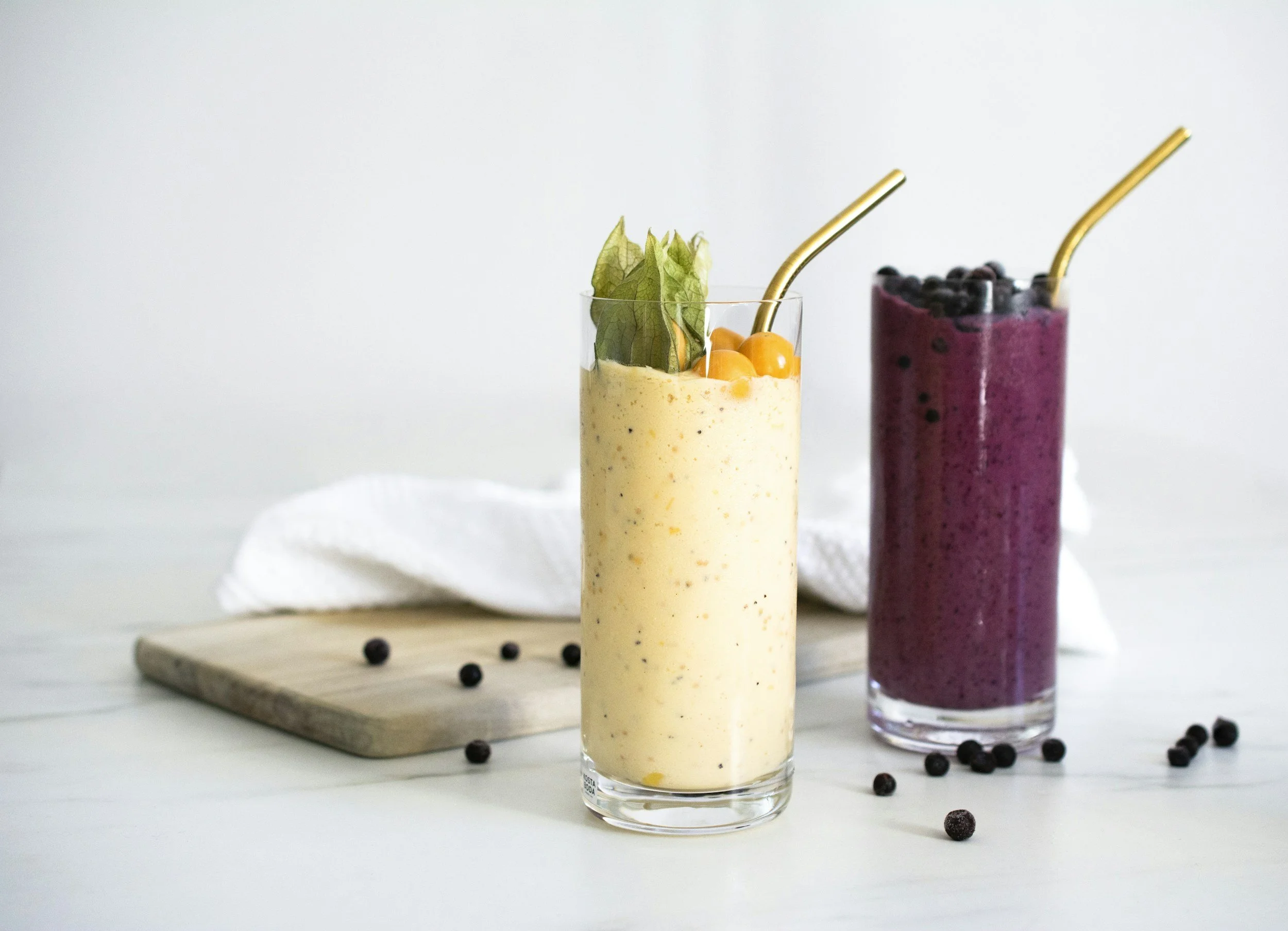Naturopath Approved Protein Powders
Protein powders can be a convenient way to meet your daily protein needs, but not all are created equal. Many options on the market are filled with artificial ingredients, added sugars, and unnecessary fillers—making it hard to know which one is best for you.
Lets get this straight… protein powders are NOT a wholefood, and are still processed, but can be a great way to boost protein intake here and there - especially if you have dietary intolerances like dairy, where most of the protein sources are.
Do you really need protein powder? Let’s break it down.
Protein powders often get a love-hate reputation—some see them as an essential post-workout staple, others see them as ultra-processed and unnecessary. The truth? It’s somewhere in between.
Let’s break it down so you can make an informed choice about whether protein powder has a place in your routine.
Yes, protein powders are processed—but that’s not always a bad thing
Let’s be real—protein powders aren’t wholefoods. They’re processed, and they don’t bring the same nutrient complexity as real food. But that doesn’t automatically make them “bad.”
In the context of busy schedules, dietary restrictions, and increased protein demands (like during training or recovery), they can be a practical tool. If you're someone who avoids dairy or finds it hard to hit your daily protein needs, protein powders can help bridge that gap.
Whey vs Plant-Based: What’s the difference?
Personally, I lean towards plant-based proteins. Why? I simply enjoy the taste more than whey. Plus, they tend to sit better with those who are lactose intolerant or sensitive to dairy.
However, plant-based options—especially pea protein—often get a bad rap for being “chalky” or bland. If you’ve tried one and hated it, don’t give up yet. There are some great-tasting vegan options out there (see my recommendations below).
Palatable vegan protein powders (that do not taste like dirt)
Finding a vegan protein powder that doesn’t make you want to hold your nose can be a game-changer. Look for ones that combine multiple sources of plant protein (like brown rice + pea) to improve taste and texture.
( see below my recommendations)
How much protein do you actually need?
This question comes up a lot. Here’s a general rule of thumb:
Basic needs: ~1g of protein per kilogram of body weight
If you're active/exercising regularly: ~1.2–2g per kg is often recommended, especially for muscle recovery and performance
For example:
If you weigh 60kg: aim for at least 60–72g per day
If you weigh 80kg: aim for 80–96g per day
Remember, this isn’t just about muscle. Protein is crucial for hormone production, immune health, and tissue repair too.
When protein powders make sense
You’re on the go and need a quick post-workout option
You’re plant-based or dairy-free and struggling to hit daily protein goals
You find it hard to eat large quantities of meat, eggs, legumes, or tofu
You’re in a growth or recovery phase (e.g., building muscle, healing post-surgery)
Reasons why I would recommend protein powders in my clinic:
You are dairy or gluten intolerant, or both!
You are vegan or vegetarian
You have a lot of food aversions or are a fussy eater
You are trying to lose weight
You love smoothies
You love eating oats
Here are my favourite protein powders - tried and tested:
Ways to add protein powder to boost your intake:
Add to overnight oats or porridge
Add to coconut yoghurt
Add to greek yoghurt
Add to smoothies
Add to overnight weetbix
Final thoughts
Protein powders can be a fantastic tool for supporting your health goals when chosen wisely. By focusing on natural, clean, and sustainable options, you can fuel your body without compromising your well-being. If you’re unsure which protein powder is right for you, book a consult for personalised advice!
















